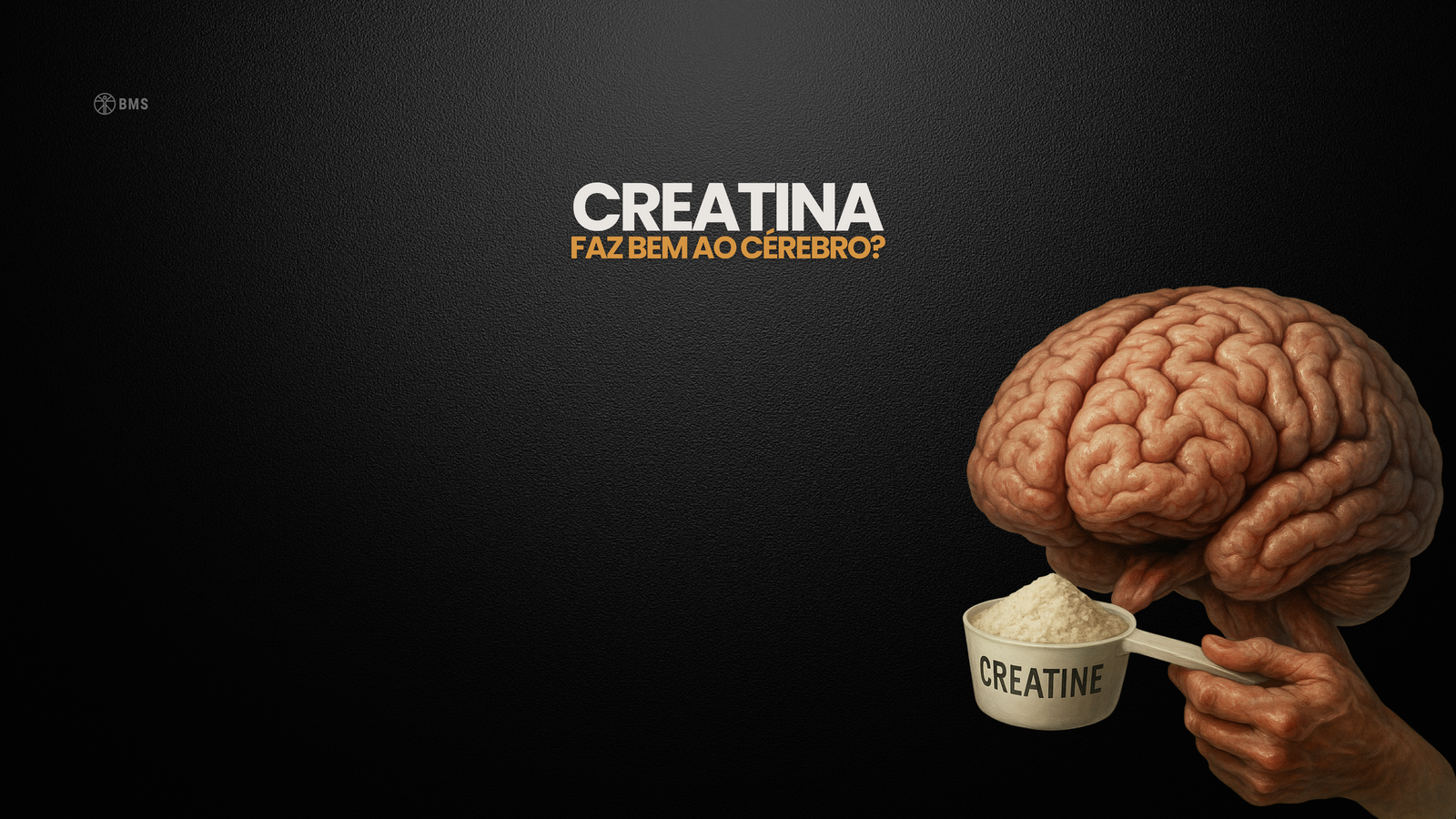Every now and then, news appears that seems like something out of a science fiction movie: "a supplement that helps you think better even after a sleepless night." The latest star has been creatine , typically associated with the gym and strength gains, but which has now gained traction as a potential "brain supplement."
The question is simple: is that really the case?
The myth of the “miracle” study
Many people started sharing a study that supposedly proved that creatine improves attention and reasoning in situations of sleep deprivation. The problem? When you look closely, the reality isn't so exciting.
What really happened
- The study was not published in a leading science journal, but in a publication with more “flexible” criteria.
- There was no pre-defined protocol, something that is now mandatory in quality clinical trials.
- The sample was tiny: just 15 people .
- Dozens of different analyses were performed without a clear plan, which increases the likelihood of finding results by chance.
- The effects considered “positive” were so small that they would hardly make a difference in real life.
- To make matters worse, there was no full transparency about the methodological process, which raises questions about possible errors or biases.
What this means in practice
When we put it all together, the conclusion is simple: this study isn't enough to justify anyone starting to take creatine in the hopes of improving cognitive function. It's not that creatine is bad—on the contrary, it has solid benefits for strength training and physical performance—but turning it into a "miracle brain" supplement is, at this point, premature.
Science needs more than enthusiasm
Science isn't achieved with a single study, even if it's small and full of limitations. To affirm that creatine actually has significant effects on cognition, multiple studies with more participants, robust protocols, and consistent results would be needed.
Until then, creatine remains what we already know: an important ally in physical performance, but not a solution to replace hours of sleep or to speed up reasoning.
Conclusion
It's worth remembering: not everything that comes with the "science" label should be taken literally. Preliminary studies are meant to open doors and raise hypotheses, not to create practical recommendations.
If you want to improve your attention and reasoning, the secret remains the same as always: get enough sleep, train consistently, and eat a balanced diet . Creatine may be useful in the gym, but it's still a long way from being your "brain coffee."

